


40 years after its approval, the Spanish Religious Freedom law faces various challenges, but “it is not a political priority”, evangelical leaders point out.

Churches following Covid-19 secure guidelines, can hold more than six people in total. “We want to make Jesus known and do lots to help rebuild this nation”, the EAUK says.

Christians in business should model a better ‘new normal’ for business. This means intentionally building interconnectedness, interdependence and integrity.

Would this already-ailing institution ever recover from lockdown?

In autumn, Peter J. Williams, Bobb Biehl and Dave Patty will lead 3-hour long free sessions. The ELF seeks to unite, equip, and resource evangelical leaders to renew the biblical church and evangelise Europe.

After adrenaline there is always a settling period. God is the only one who can motivate us to lift our flattened hearts up toward Him.

Latin American evangelical leaders send letter to encourage young leaders to “stand firm in the cardinal truths of biblical faith”.

Few decisions are as important as the one about the person with whom you are going to spend the rest of your life.
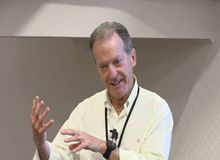
“The distinction between believer and disciple is something that we have made up”, Greg Ogden, leader of the Global Discipleship Initiative, points out.

Practical considerations for building trust in partnerships.

However safe and self-sufficient we felt, a virus has reminded us of the fragility of life and has brought us face to face with death.

It does not matter who you are now. The most important thing in life is knowing where we are going to spend all eternity.

Around 100 cars participate, with an estimated total of 300 people, who “got together safely, sang some songs and heard about the good news of Jesus”.

How new tools can be used to securely lead mission teams.
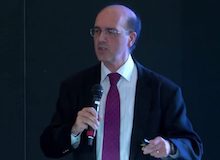
Manuel Suárez of the Spanish Evangelical Alliance analyses the importance of the WEA recommendations to the UN regarding places of worship and pastor pensions in Spain.
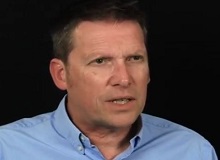
Mike Betts on analysing your own spiritual journey at the same time as the growth of the people around you and the church.
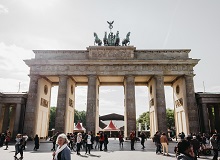
A survey shows that 57% of evangelicals often do notfreely express their opinions.

Nothing can give our body greater rest than when it is in contact with our Creator.
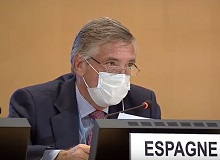
During the 44th session in Geneva, the World Evangelical Alliance denounced the “unreasonably high safety standards for non-Catholic places of worship” in Catalonia, and the need to address the problem of pensions for dozens of retired pastors.

When it comes to the decisions needed in a world gripped by a pandemic, is there anywhere in the scriptures which casts a more nuanced light?

Intellectuals warn that “the spread of censoriousness” is leading to an “intolerant climate”. Authors JK Rowling, Salman Rushdie and Margaret Atwood are among the signatories.

Why Christians should speak up on behalf of Jews.
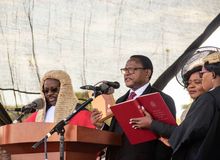
Malawi will have a government led by the former president of Assemblies of God. “We are excited to have a respected man of God as the head of state”, says Christian leader Matilda Matabwa.

A research of Christian think tank Theos, also shows that Londoners are “more conservative and civically engaged”, and “26% feel marginalised because of their beliefs”

The latest EKD report shows that Sunday attendance reached a new low: only 3.2% of the members went to church services. Baptisms, weddings and funerals also dropped.

Las opiniones vertidas por nuestros colaboradores se realizan a nivel personal, pudiendo coincidir o no con la postura de la dirección de Protestante Digital.